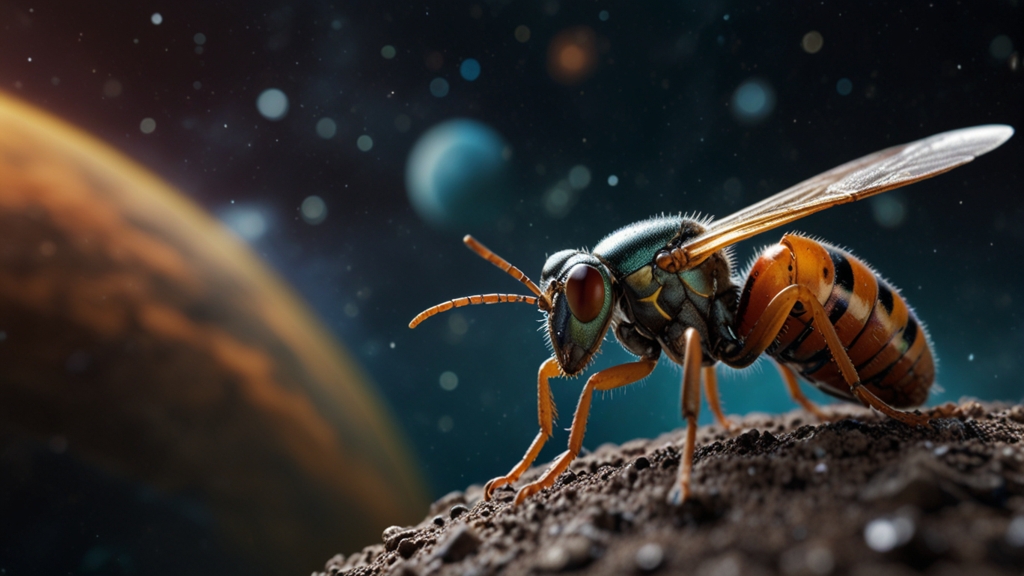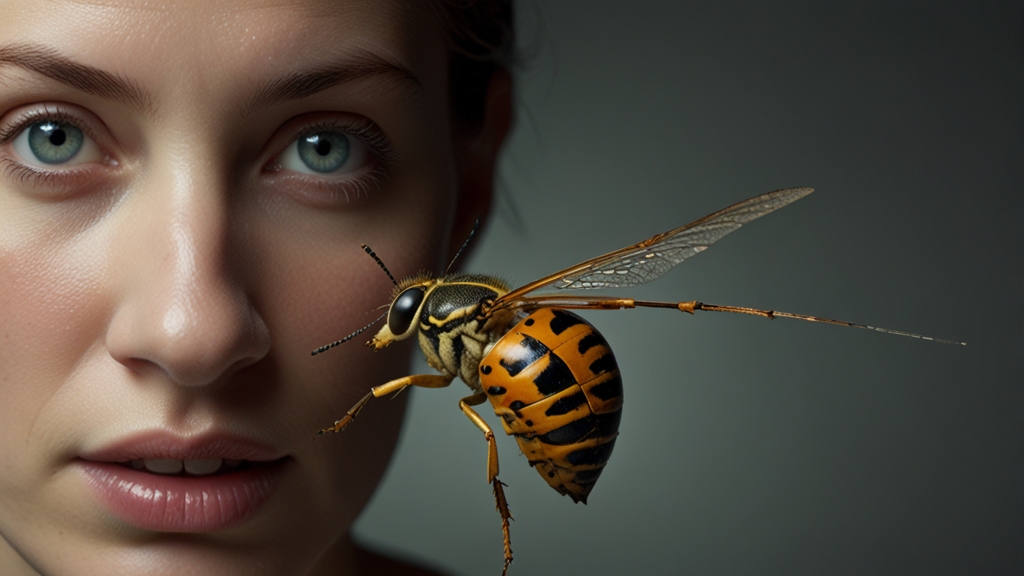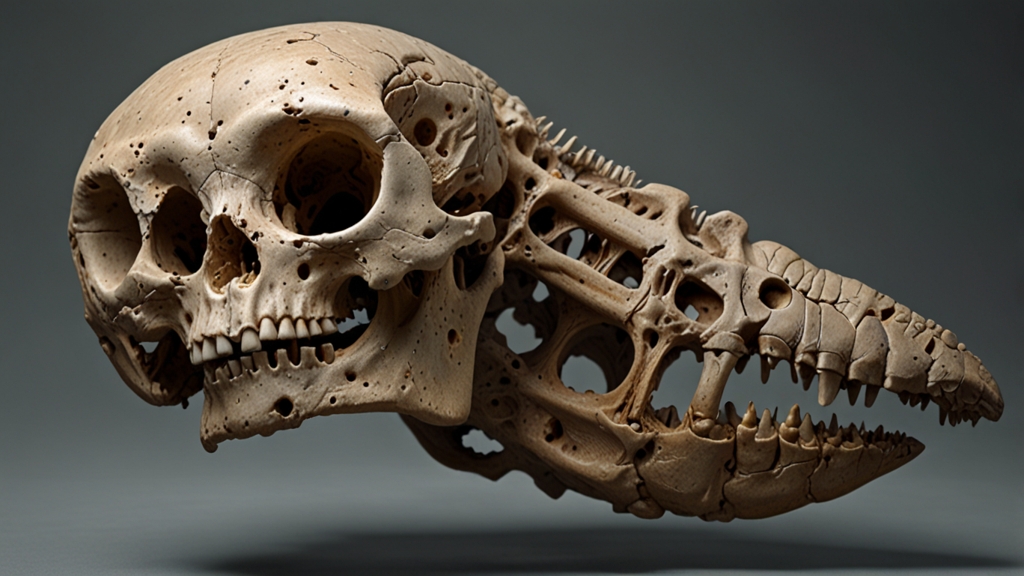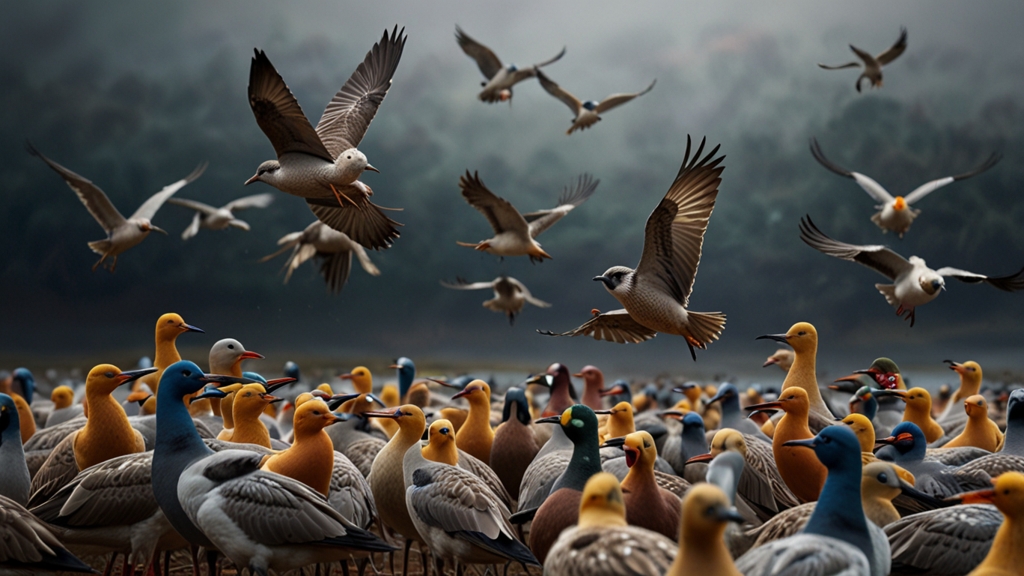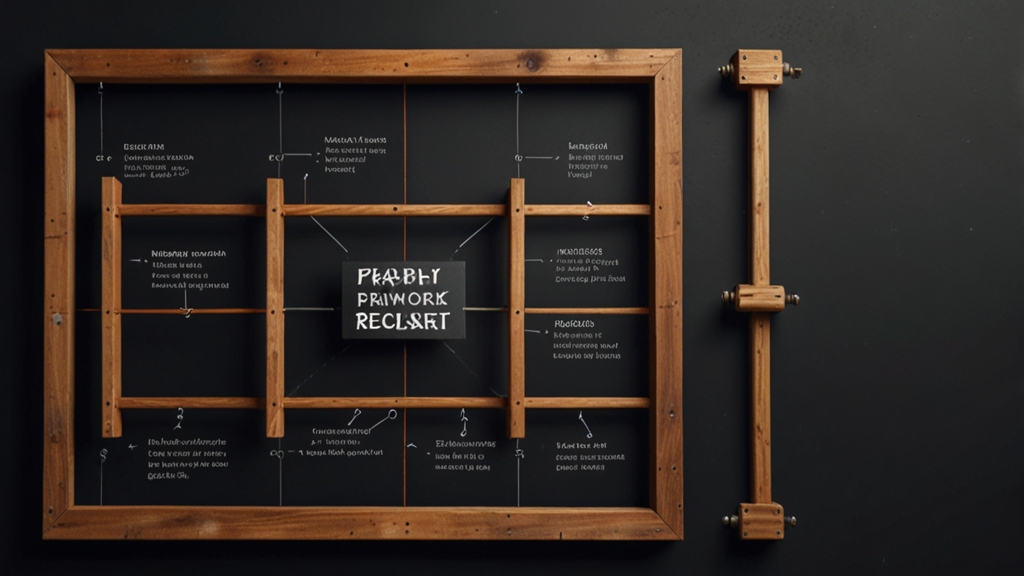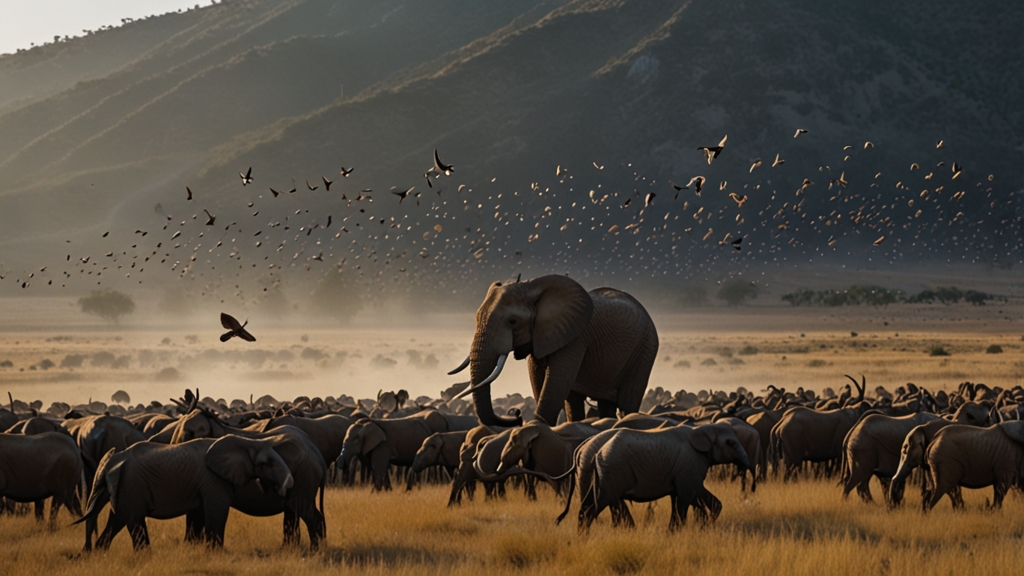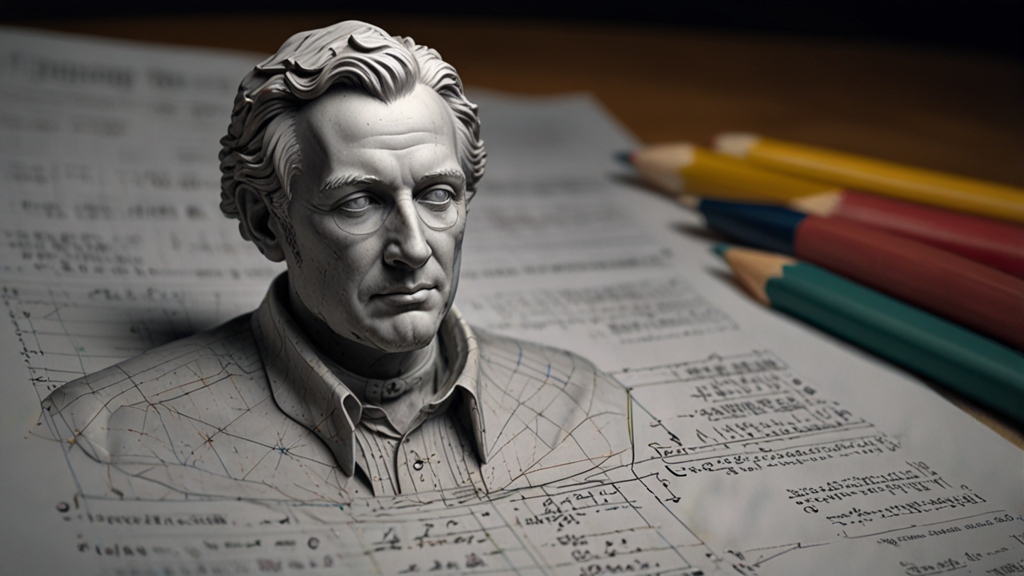Insects in Space: The Futuristic Role of Bugs Beyond Earth
As humanity embarks on its quest to explore and colonize other planets, scientists are investigating new ways to sustain life beyond Earth. While plants and primary food sources are fundamental, an unexpected candidate is being considered for a critical role: insects. These tiny creatures have proven their worth on Earth, and now their journey to space might redefine their position in the cosmos.
The Importance of Insects
On Earth, insects play a myriad of essential roles. They pollinate plants, decompose organic matter, and serve as a fundamental link in the food chain. Considering their versatility and importance, it’s not surprising that researchers are exploring their potential contributions to extraterrestrial environments.
Insects as Food Sources
One of the most straightforward roles for insects in space is as a food source. Insects are rich in protein, vitamins, and essential amino acids. They can be farmed sustainably in confined environments, making them excellent candidates for astronaut diets on long-term missions. Crickets, mealworms, and locusts are some of the most promising species due to their high nutritional value and ease of cultivation.
"Insects can be a viable solution for supplementing astronaut diets and reducing the need for supply missions from Earth," says Dr. Samantha Ray, a researcher at NASA's Ames Research Center.
Decomposition and Waste Management
Another vital role for insects in space colonization is in decomposition and waste management. As colonies expand, waste generation becomes inevitable. Insects like black soldier flies and mealworms can break down organic waste, converting it into valuable compost. This process reduces the volume of waste and helps recycle nutrients back into the system, supporting plant growth.
"Managing waste efficiently is crucial for the sustainability of off-world colonies. Insects offer a natural and efficient method to achieve this," emphasizes Dr. Martin Chambers, an ecologist specializing in closed-loop systems.
Pollination and Plant Cultivation
Pollination is a critical factor in agriculture, and insects are natural pollinators. On other planets, where artificial and controlled growth environments are necessary, bees and other pollinators could ensure the successful cultivation of crops. This would optimize food production and contribute to the overall stability of off-world agricultural systems.
Challenges and Considerations
Despite their potential, introducing insects to extraterrestrial environments comes with challenges. The microgravity and radiation in space can affect the physiology and behavior of insects. Researchers are currently studying how these conditions impact insect life cycles to develop strategies for their successful integration into space habitats.
Future Prospects
The role of insects in space is a burgeoning field with immense potential. As our understanding of closed-loop ecosystems evolves, insects could become indispensable for sustainable life support systems. With the combined efforts of biologists, ecologists, and space scientists, we may soon witness a future where insects are not only earthbound creatures but key players in humanity’s journey to the stars.
"Insects could revolutionize the way we approach space colonization, offering solutions for food, waste management, and environmental stability," predicts Dr. Elena Gonzalez, an expert in space agriculture.
The futuristic role of bugs beyond Earth underscores the intricate and interconnected nature of life. Insects, often overlooked, might just be the tiny but crucial pioneers that make sustained human presence on other planets a reality.
